FAU Liberia Bureau



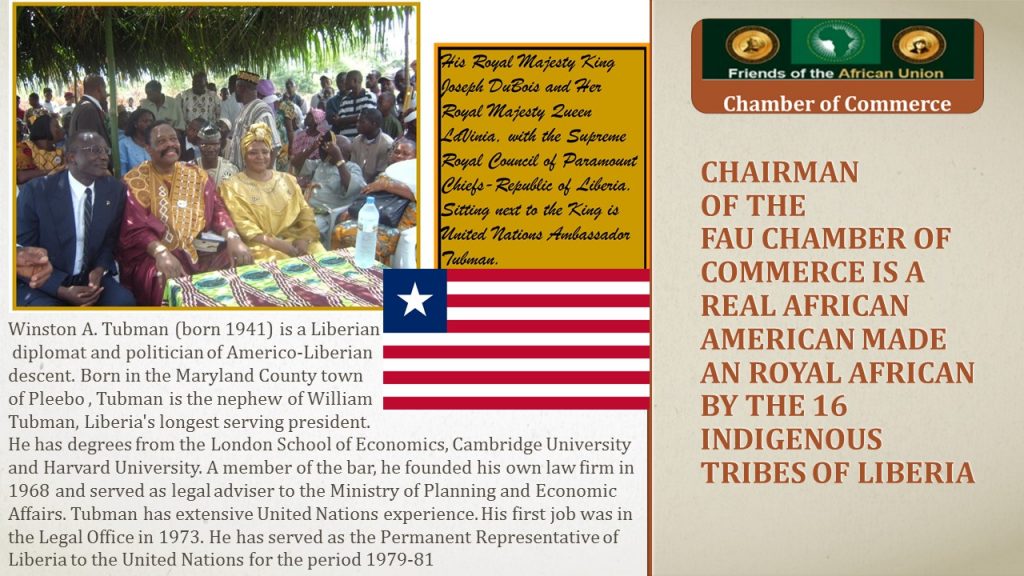
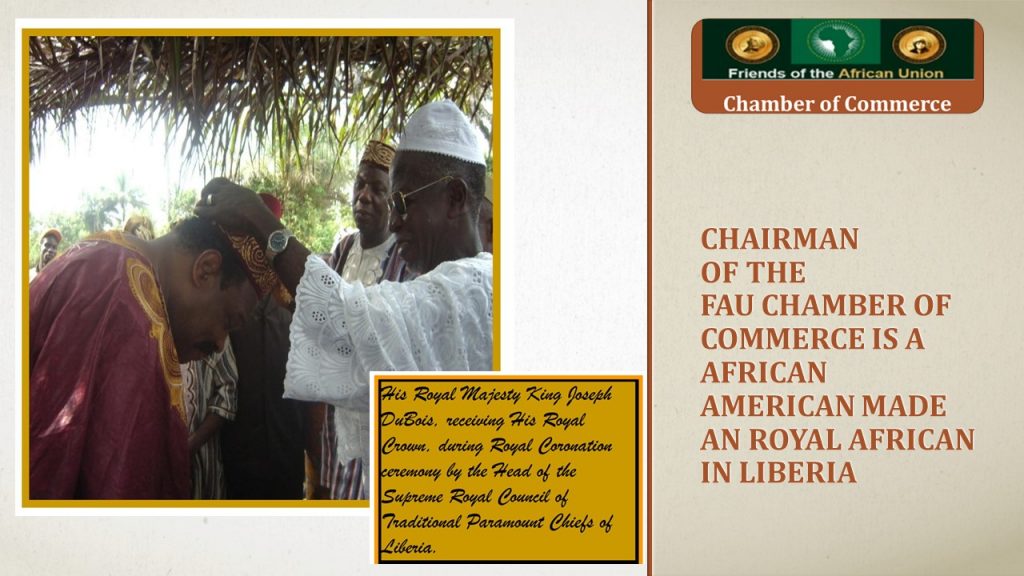
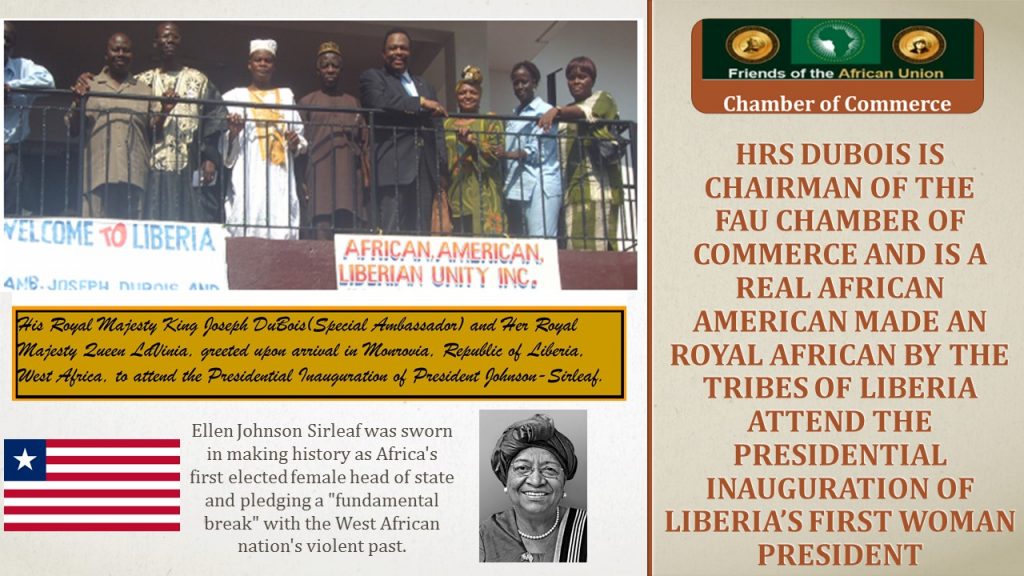
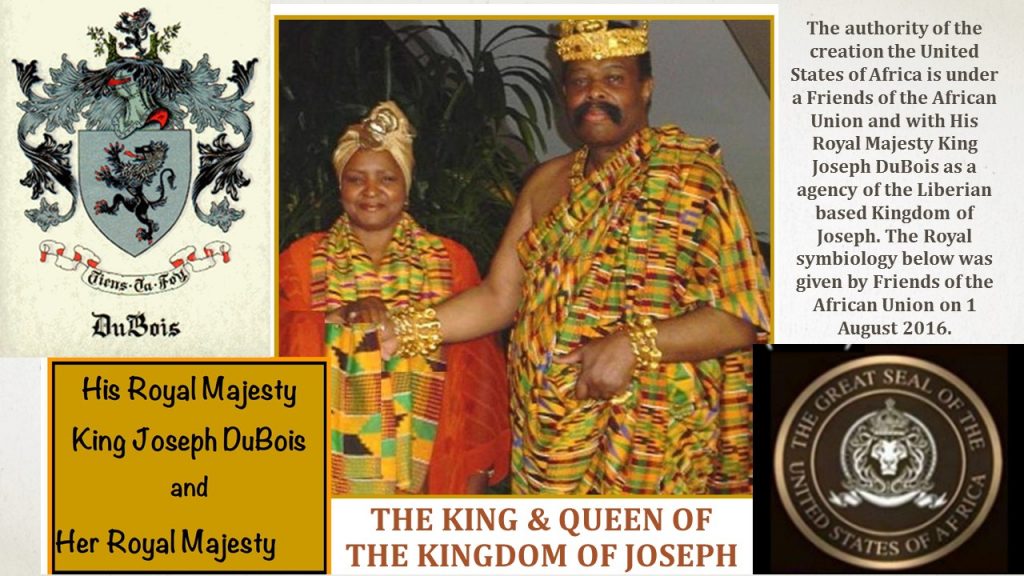
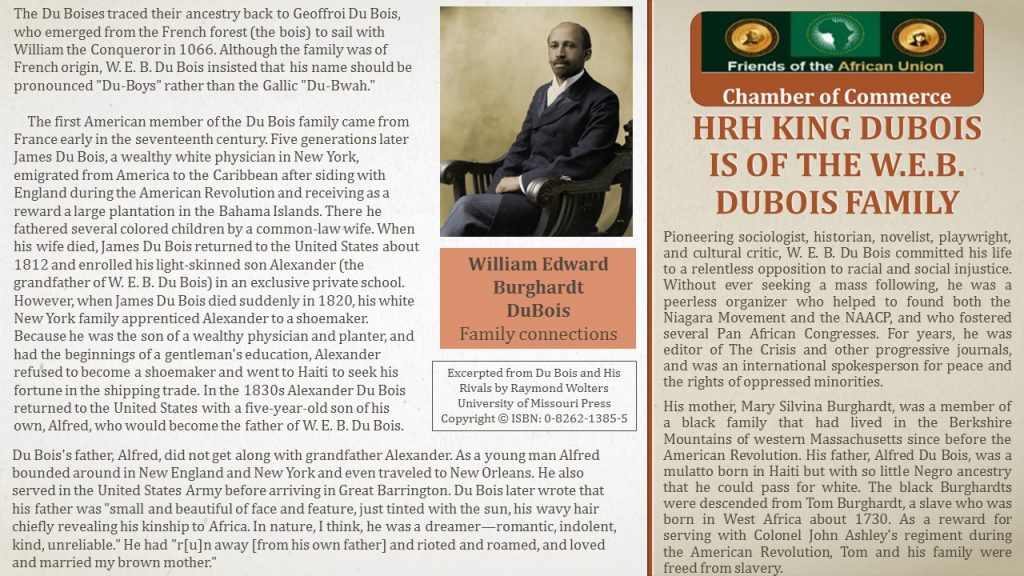
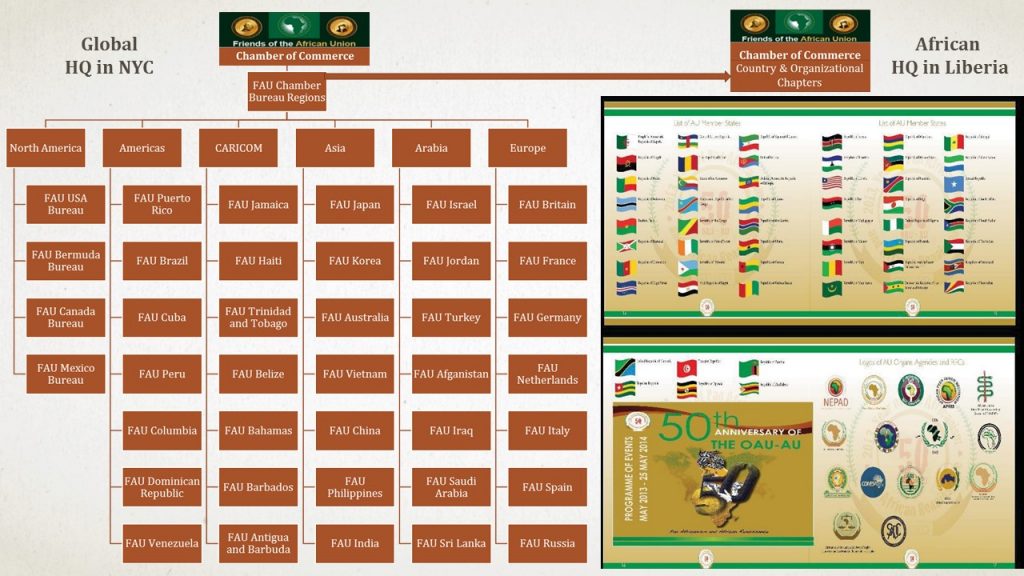
We have plans for a global medical center that would house up to 10,000 foreigner patients in Liberia. The funds paid by these patients would provide employment for over 100,000 Liberians.
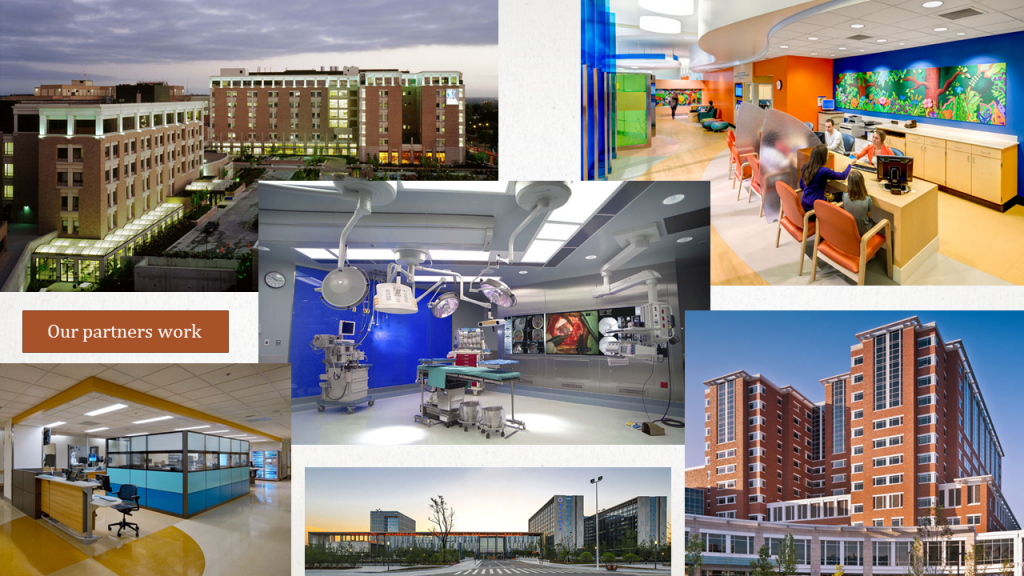
Officially the Republic of Liberia, is a country on the West African coast. Liberia means “Land of the Free” in Latin.[7] It is bordered by Sierra Leone to its west, Guinea to its north and Ivory Coast to its east. It covers an area of 111,369 square kilometres (43,000 sq mi) and has a population of 4,503,000 people.[3] English is the official language and over 20 indigenous languages are spoken, representing the numerous tribes who make up more than 95% of the population.
Forests on the coastline are composed mostly of salt-tolerant mangrove trees, while the more sparsely populated inland has forests opening onto a plateau of drier grasslands. The climate is equatorial, with significant rainfall during the May–October rainy seasonand harsh harmattan winds the remainder of the year. Liberia possesses about forty percent of the remainingUpper Guinean rainforest. It was an important producer of rubber in the early 20th century.
The Republic of Liberia, beginning as a settlement of theAmerican Colonization Society (ACS), declared its independence on July 26, 1847. The United States did not recognize Liberia’s independence until during theAmerican Civil War on February 5, 1862. Between January 7, 1822, and the American Civil War, more than 15,000 freed and free-born black Americans from United States and 3,198 Afro-Caribbeans relocated to the settlement.[8] The black American settlers carried their culture with them to Liberia. The Liberian constitution and flag were modeled after those of the United States. On January 3, 1848 Joseph Jenkins Roberts, a wealthy, free-born black American from Virginia who settled in Liberia, was elected as Liberia’s first president after the people proclaimed independence.[8]
Liberia is the only African republic to have self-proclaimed independence without gaining independence through revolt from any other nation, being Africa’s first and oldest republic. Liberia maintained and kept its independence during the European colonial era. DuringWorld War II, Liberia supported the United States war efforts against Germany and in turn the United States invested in considerable infrastructure in Liberia to help its war effort, which also aided the country in modernizing and improving its major air transportation facilities. In addition, President William Tubmanencouraged economic changes. Internationally, Liberia was a founding member of The League of Nations,United Nations and the Organisation of African Unity. Political tensions from the rule of William R. Tolbertresulted in a military coup in 1980 that overthrew his leadership soon after his death, marking the beginning of years-long political instability. Five years of military rule by the People’s Redemption Council and five years of civilian rule by the National Democratic Party of Liberia were followed by the First and Second Liberian Civil Wars. These resulted in the deaths and displacement of more than half a million people and devastated Liberia’s economy. A peace agreement in 2003 led to democratic elections in 2005. Recovery proceeds but about 85% of the population live below theinternational poverty line.
Liberia’s economic and political stability was threatened in the 2010s by an Ebola virus epidemic; it originated in Guinea in December 2013, entered Liberia in March 2014, and was declared officially ended on May 8, 2015